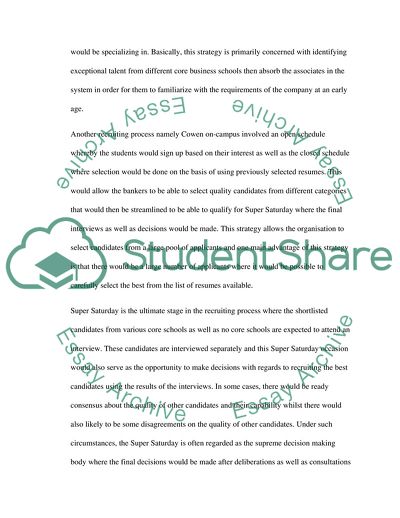Cite this document
(Strategies in the Recruitment Process Article Example | Topics and Well Written Essays - 2750 words, n.d.)
Strategies in the Recruitment Process Article Example | Topics and Well Written Essays - 2750 words. https://studentshare.org/human-resources/1727416-human-resource-managment
Strategies in the Recruitment Process Article Example | Topics and Well Written Essays - 2750 words. https://studentshare.org/human-resources/1727416-human-resource-managment
(Strategies in the Recruitment Process Article Example | Topics and Well Written Essays - 2750 Words)
Strategies in the Recruitment Process Article Example | Topics and Well Written Essays - 2750 Words. https://studentshare.org/human-resources/1727416-human-resource-managment.
Strategies in the Recruitment Process Article Example | Topics and Well Written Essays - 2750 Words. https://studentshare.org/human-resources/1727416-human-resource-managment.
“Strategies in the Recruitment Process Article Example | Topics and Well Written Essays - 2750 Words”. https://studentshare.org/human-resources/1727416-human-resource-managment.


